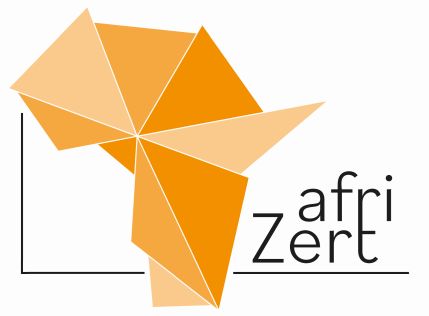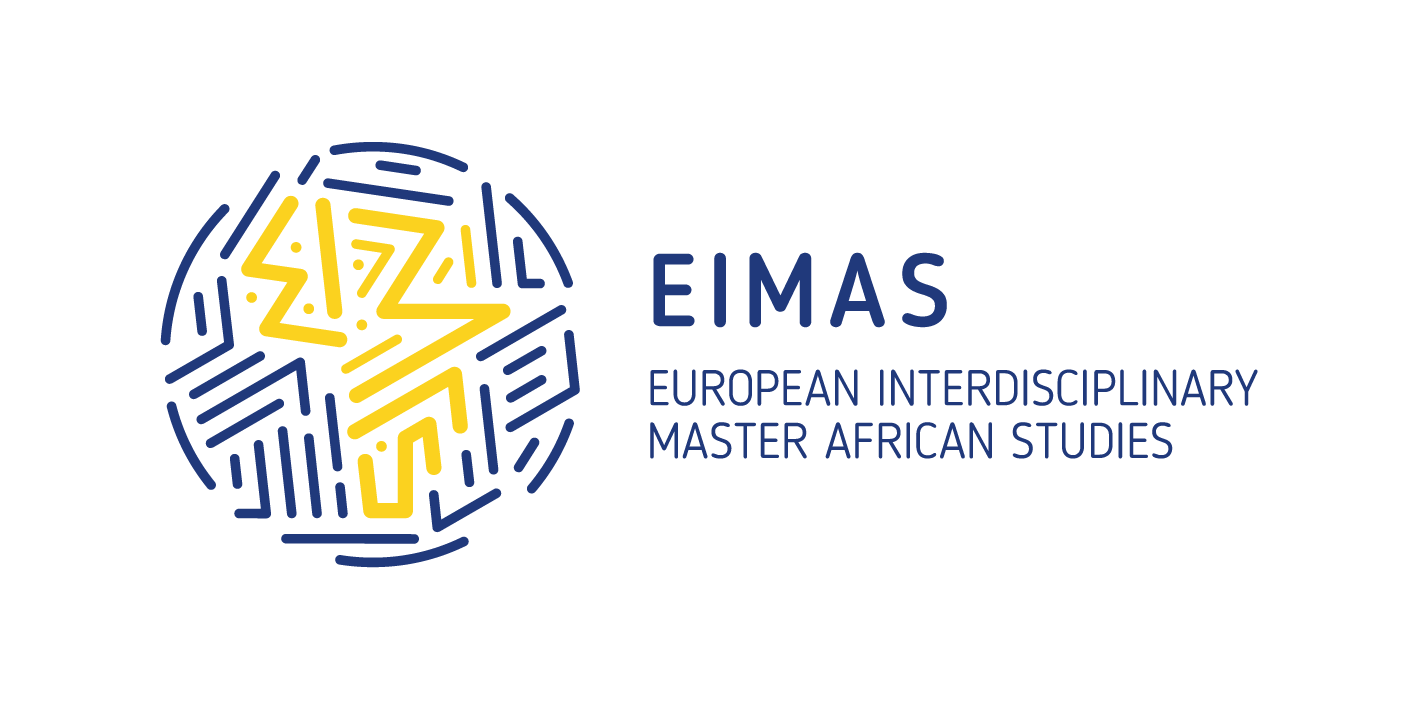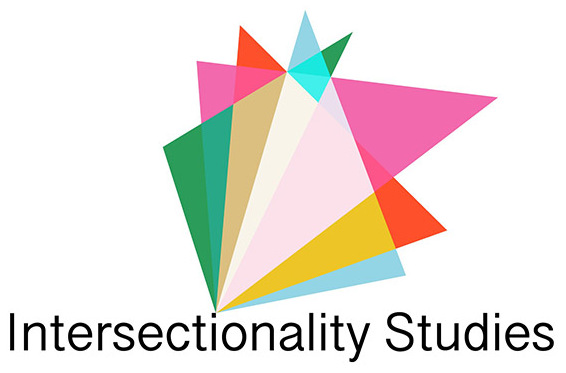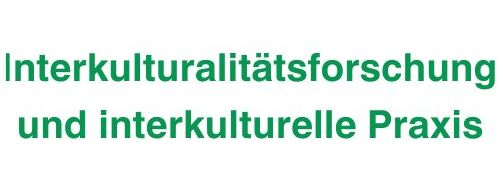Teaching
In terms of teaching, the University of Bayreuth offers BA and MA courses that have a continuous reference to Africa and are aimed at students who want to build up or deepen their expertise in a field of African studies. On the other hand, there are courses that enable a focus on Africa-related topics and address students who want to acquire additional African-related specialist knowledge.
Study Programmes
Bachelor Programmes
- African Verbal and Visual Arts: Languages, Literatures, Media and ArtHide
-
- Faculty: IV - Faculty of Languages & Literatures
- Final degree: Bachelor of Arts (B.A.)
- Start of studies: Winter semester
- Standard period of study: 6 semesters
- Language of instruction: English, German
- Contact person: Monika Christine Rohmer
- Website
- Interdisziplinäre Afrikastudien Hide
-
- Faculty: V - Faculty of Humanities & Social Sciences
- Final degree: Bachelor of Arts (B.A.)
- Start of studies: Winter semester
- Standard period of study: 6 semesters
- Language of instruction: German
- Contact person: Prof. Dr. Eva Spies; Dr. Barbara Polak
- Website
Master Programmes
- African Studies: Critical Perspectives on Society, Politics, CultureHide
-
- Faculty: V - Faculty of Humanities & Social Sciences
- Final degree: Master of Arts (M.A.)
- Start of studies: Winter semester
- Standard period of study: 4 semesters
- Language of instruction: English
- Contact person: Prof. Dr. Jana Hönke; Dr. Biruk Terrefe; Mail: ma-africanstudies@uni-bayreuth.de
- Website
- African Verbal and Visual Arts: Languages, Literatures, Media and Art Hide
-
- Faculty: IV - Faculty of Languages & Literatures
- Final degree: Master of Arts (M.A.)
- Start of studies: Winter semester
- Standard period of study: 4 semesters
- Language of instruction: English
- Contact person: Dr. Irina Turner
- Website
- Development StudiesHide
-
- Faculty: V - Faculty of Humanities & Social Sciences
- Final degree: Master of Arts (M.A.)
- Start of studies: Winter semester
- Standard period of study: 4 semesters
- Vorlesungssprache: German and English, English track available
- Contact person: Dr. Barbara Polak; Prof. Dr. Alexander Stroh-Steckelberg
- Website
- Études Francophones: Afriques MultiplesHide
-
- Faculty: IV - Faculty of Languages & Literatures
- Final degree: Master of Arts (M.A.)
- Start of studies: Winter semester
- Standard period of study: 4 semesters
- Vorlesungssprache: mainly French
- Contact person: Prof. Dr. Ute Fendler; Dr. Maroua El Naggare; Mail: MARomanistik@uni-bayreuth.de
- Website
Africa-related Courses WS 2025-26
Supplementary studies

afriZert is a supplementary programme that is unique in Germany and provides students with a certain level of Africa-related knowledge, regardless of their primary study objective. The programme is funded by the Bavarian State Ministry of Science and the Arts (StMWK). It commenced in the summer semester of 2021 and targets all students who are enrolled at a Bavarian university of higher education institution. afriZert aims to enable participating students to perceive and get to know the African continent in all its diversity: as a multifaceted discourse space, as a place of diverse living and working environments, and in the context of global political, social, and economic interdependencies.
In five modules totalling 40 ECTS credits over the course of three semesters, both basic knowledge and subject-specific knowledge are taught. Particular emphasis is placed on interpersonal and intercultural exchange, which is anchored in the curriculum through a compulsory stay abroad.

The Bayreuth International Graduate School of African Studies (BIGSAS) was founded in 2007 and has been part of the Africa Multiple Cluster of Excellence since 2019. It is funded by the German Research Foundation in the framework of the Excellence Strategy of the German Federal and State Governments. In the focus of this unique structure of multi- and interdisciplinary, creative, and innovative training are around 90 doctoral candidates, the Junior Fellows, from more than 25 African, American, Asian, and European countries.

European Interdisciplinary Master African Studies (EIMAS) is an interdisciplinary Master's degree programme in African Studies, which has been funded by the European Union as part of the Erasmus Mundus Joint Master Degree Programme since 2019 and is run jointly at three European universities. Students spend the first semester at the University of Porto, the second semester at the University of Bayreuth and the third semester at Bordeaux Montaigne University. In the fourth semester, the programme concludes with a research or internship period abroad (in Africa) and the writing of the Master's thesis at one of the three universities in the consortium, which students are free to choose. Each year, EIMAS offers around 15 outstanding international students with an EMJMD scholarship as well as self-financed students a unique environment in which to expand their knowledge of Global Africa.

The Studies Programme Intersectionality Studies and Diversity Competences teaches basic competencies and knowledges that offer tools to grasp the multilayeredness of power structures. Moreover, it teaches strategies to overcome discrimination and to move towards inclusion. The spectre of such competencies enriches professional profiles in various realms such as human resources, education, medial, economy and law.

The supplementary study programme Interkulturalitätsforschung und interkulturelle Praxis is one of several additional study programmes that take up the basic idea of the Studium Generale. The aim is to look beyond the boundaries of your own degree programme and to educate yourself in other areas according to your individual interests.
In cooperation with the IAS and the African Legal Studies research group at the University of Bayreuth, the Tanzanian-German Center for Eastern African Legal Studies (TGCL) has been offering a Master of Laws (LLM) and doctoral programme in law at the University of Dar es Salaam in Tanzania since 2008 for students from the partner countries of the East African Community (Burundi, Kenya, Rwanda, Tanzania, Uganda, Democratic Republic of Congo and South Sudan) to help them to become future leaders for their region. The Centre is a think tank for research and teaching in the field of East African Community law. The focus of the Centre is on comparative law of regional integration. Since its establishment, over 150 graduates have earned a master's degree or a doctoral degree from the Centre.


